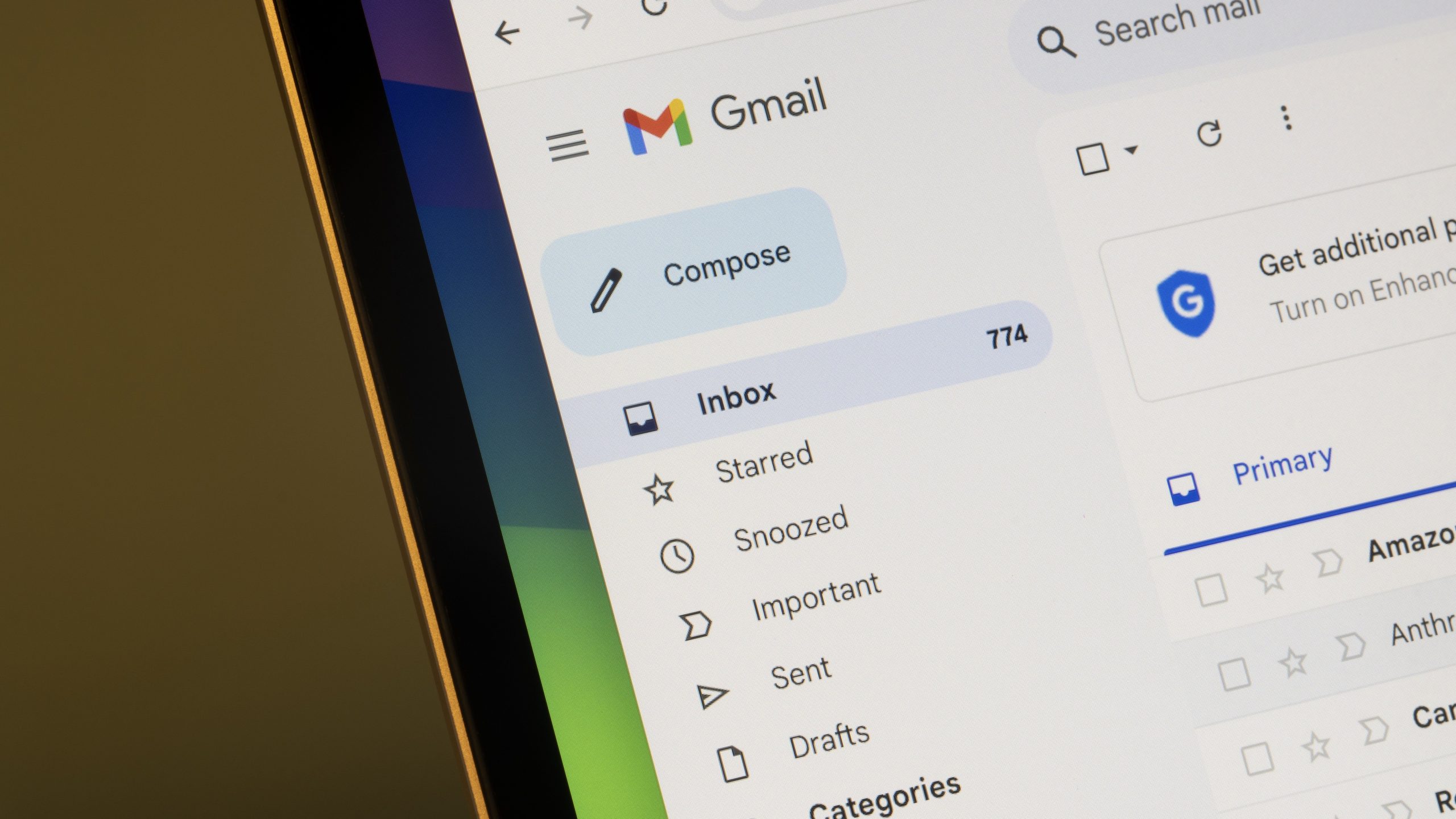Now Reading: Beware of New Gmail Phishing Scam
-
01
Beware of New Gmail Phishing Scam
Beware of New Gmail Phishing Scam

rapid Summary
- Nature of Scam: A phishing attack exploits vulnerabilities in google’s authentication protocols to impersonate legitimate security alerts from Google.
- How it effectively works:
– Email is sent from no-reply[at]accounts.google.com, appearing authentic and signed by accounts.google.com.
– recipients are redirected to a fake support page hosted on sites.google.com, manipulating users into providing credentials on a fake sign-in page.
- Key Vulnerabilities Exploited:
– Attackers used Google Sites (hosting under google.com subdomains) to create legitimacy.
– Used Google OAuth apps linked to privateemail.com for forwarding phishing emails that appear verified by Google.
- Related Examples: Similar scams have exploited PayPal settings in the past, sending fraudulent messages from service[at]paypal.com.
Indian Opinion Analysis
The escalating sophistication of email-based phishing scams highlights growing cybersecurity challenges for global users, including those in India.With India’s rapidly increasing digitization and expanding user base for Gmail and other online services, such threats could pose significant risks not only for individual users but also businesses relying on cloud-based platforms. This case serves as a reminder of the importance of cybersecurity education-users should be cautious about engaging with urgent or emotional emails even if thay seem authentic. By fostering awareness and implementing robust authentication mechanisms across organizations, India’s digital ecosystem can better safeguard against cyber fraud.
























